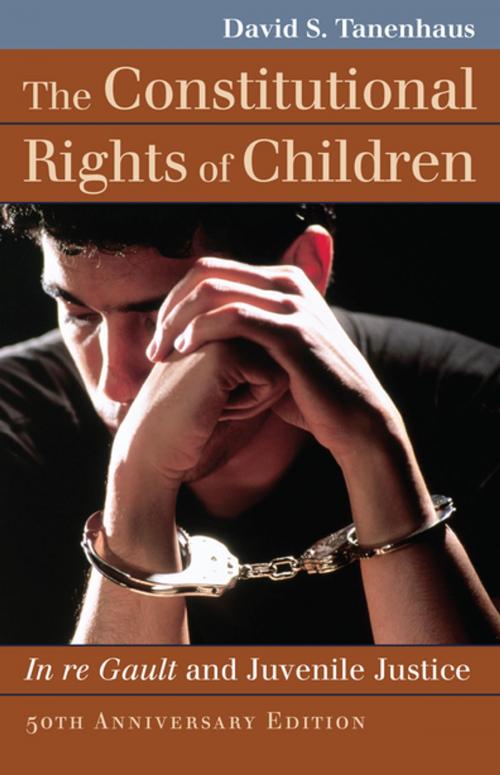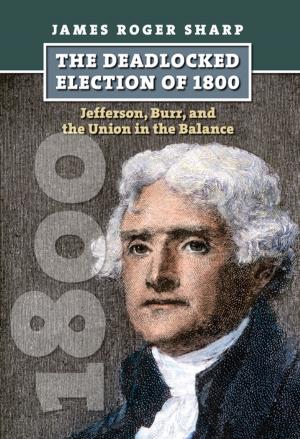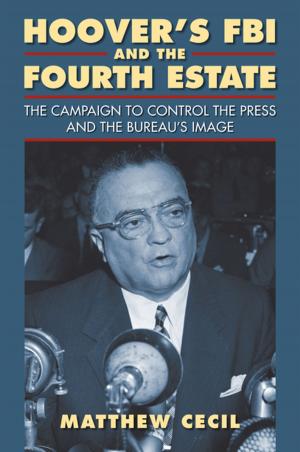The Constitutional Rights of Children
In re Gault and Juvenile Justice
Nonfiction, Reference & Language, Law, Civil Rights, Constitutional, Social & Cultural Studies, Social Science| Author: | David S. Tanenhaus | ISBN: | 9780700625055 |
| Publisher: | University Press of Kansas | Publication: | November 4, 2017 |
| Imprint: | University Press of Kansas | Language: | English |
| Author: | David S. Tanenhaus |
| ISBN: | 9780700625055 |
| Publisher: | University Press of Kansas |
| Publication: | November 4, 2017 |
| Imprint: | University Press of Kansas |
| Language: | English |
This new edition upon the 50th anniversary of In re Gault includes expanded coverage of the Roberts Court’s juvenile justice decisions including Miller v. Alabama; explains how disregard for children’s constitutional rights led to the “Kids for Cash” scandal in Pennsylvania; new legal developments in the Gault case; and, updates the bibliography and chronology.
When fifteen-year-old Gerald Gault of Globe, Arizona, allegedly made an obscene phone call to a neighbor, he was arrested by the local police, tried in a proceeding that did not require his accuser’s testimony, and sentenced to six years in a juvenile “boot camp”—for an offense that would have cost an adult only two months. Even in a nation fed up with juvenile delinquency, that sentence seemed excessive and inspired a spirited defense on Gault’s behalf. Led by Norman Dorsen, the ACLU ultimately took Gault’s case to the Supreme Court and in 1967 won a landmark decision authored by Justice Abe Fortas. Widely celebrated as the most important children’s rights case of the twentieth century, In re Gault affirmed that children have some of the same rights as adults and formally incorporated the Fourteenth Amendment’s due process protections into the administration of the nation's juvenile courts.
This new edition upon the 50th anniversary of In re Gault includes expanded coverage of the Roberts Court’s juvenile justice decisions including Miller v. Alabama; explains how disregard for children’s constitutional rights led to the “Kids for Cash” scandal in Pennsylvania; new legal developments in the Gault case; and, updates the bibliography and chronology.
When fifteen-year-old Gerald Gault of Globe, Arizona, allegedly made an obscene phone call to a neighbor, he was arrested by the local police, tried in a proceeding that did not require his accuser’s testimony, and sentenced to six years in a juvenile “boot camp”—for an offense that would have cost an adult only two months. Even in a nation fed up with juvenile delinquency, that sentence seemed excessive and inspired a spirited defense on Gault’s behalf. Led by Norman Dorsen, the ACLU ultimately took Gault’s case to the Supreme Court and in 1967 won a landmark decision authored by Justice Abe Fortas. Widely celebrated as the most important children’s rights case of the twentieth century, In re Gault affirmed that children have some of the same rights as adults and formally incorporated the Fourteenth Amendment’s due process protections into the administration of the nation's juvenile courts.















